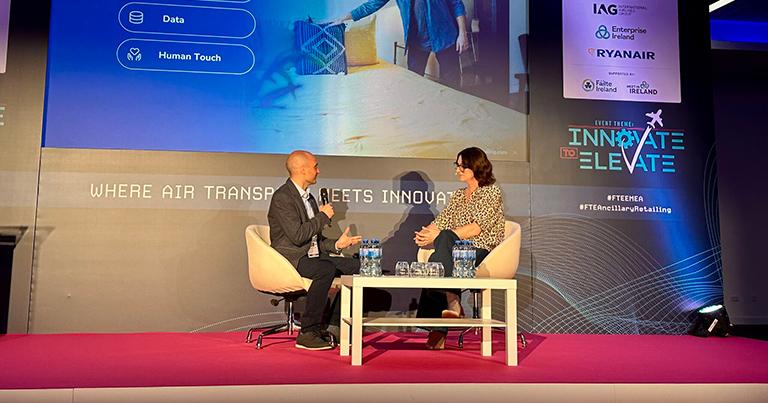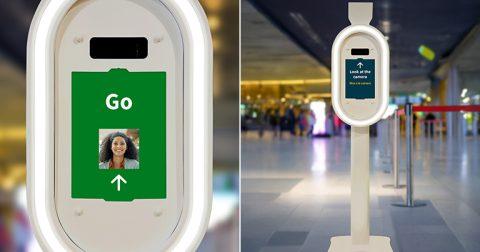In an engaging keynote at APEX FTE EMEA and Ancillary & Retailing 2025, which took place on 10-12 June in Dublin, Morna McAulay, Director of Trips Data Engineering at Booking.com, shared how the digital travel giant is accelerating its transformation through artificial intelligence (AI) – and why GenAI is not simply an evolution, but a revolution in the way travel will be planned, booked, and experienced.

From fragmented bookings to connected journeys
McAulay highlighted Booking.com’s strategic vision of the “connected trip” – a seamless integration of flights, attractions, car hire, taxis, and more, extending far beyond traditional accommodation bookings. While Booking.com has long been a leader in hotel and stay reservations, the focus now is on unifying these verticals into one cohesive journey for the customer.
But this ambition comes with significant challenges: scaling non-hotel products, replacing legacy systems, modernising vast volumes of data, and ensuring persistent user preferences across platforms. “Connecting the trip doesn’t just mean linking services,” McAulay said. “It means speaking the same language across our tech, our data, and our customer experiences.”
GenAI as a catalyst for transformation
Booking.com’s adoption of GenAI is being driven across three fronts: internal productivity, enhanced machine learning models, and customer-facing use cases. Internally, teams are embracing tools like ChatGPT, Gemini, and GitHub Copilot to boost efficiency and reduce development barriers.
On the customer side, Booking.com is moving rapidly. The AI Trip Planner, launched just two years ago in one market after a six-week internal hackathon, now operates in multiple regions, guiding travellers from inspiration to booking with natural language prompts. Insights from that system – like a surge in searches for “hot tubs” – have even shaped platform-wide features.
The company is also deploying AI to summarise car hire reviews, explain flight trade-offs, and clarify complicated T&Cs – all with the aim of empowering users to make decisions faster and with greater confidence.
The data edge and the human touch
As McAulay explained, the real differentiator for Booking.com isn’t just GenAI itself – it’s how the company leverages its data. “These tools are available to everyone. What makes the difference is how we use our data – responsibly, transparently, and with the customer’s consent – to personalise the experience.”
She warned that travel platforms can no longer compete on price alone. As GenAI tools become widely accessible, travellers are increasingly capable of conducting their own research across platforms. To remain competitive, companies must deliver seamless, value-added experiences – and crucially, be there when things go wrong.
The concept of a “self-healing trip” powered by AI – where Booking.com can automatically rebook a taxi or notify a hotel in the event of a cancelled flight – was highlighted as one of the most compelling near-term opportunities.
Supporting innovation from the ground up
A strong culture of experimentation runs throughout Booking.com, with over 1,000 A/B tests active at any given time. But McAulay emphasised the importance of democratising innovation across teams, enabling product managers and frontline staff to spin up ideas and proof-of-concepts with fewer technical barriers.
Her parting message underscored three pillars for any organisation embracing GenAI:
- Empower innovation by supporting the people closest to the customer.
- Maximise the value of your data through thoughtful integration and responsible usage.
- Never lose the human touch, especially when customers need real support.
“Ultimately, GenAI should help people spend less time planning trips and more time enjoying them,” McAulay concluded. “And when something goes wrong – that’s where we must be at our best.”
You may also be interested in
12 technology and CX trends that can enhance airline and airport operations in 2025
APEX FTE EMEA and Ancillary & Retailing 2025 in pictures – ‘Innovate to Elevate’







